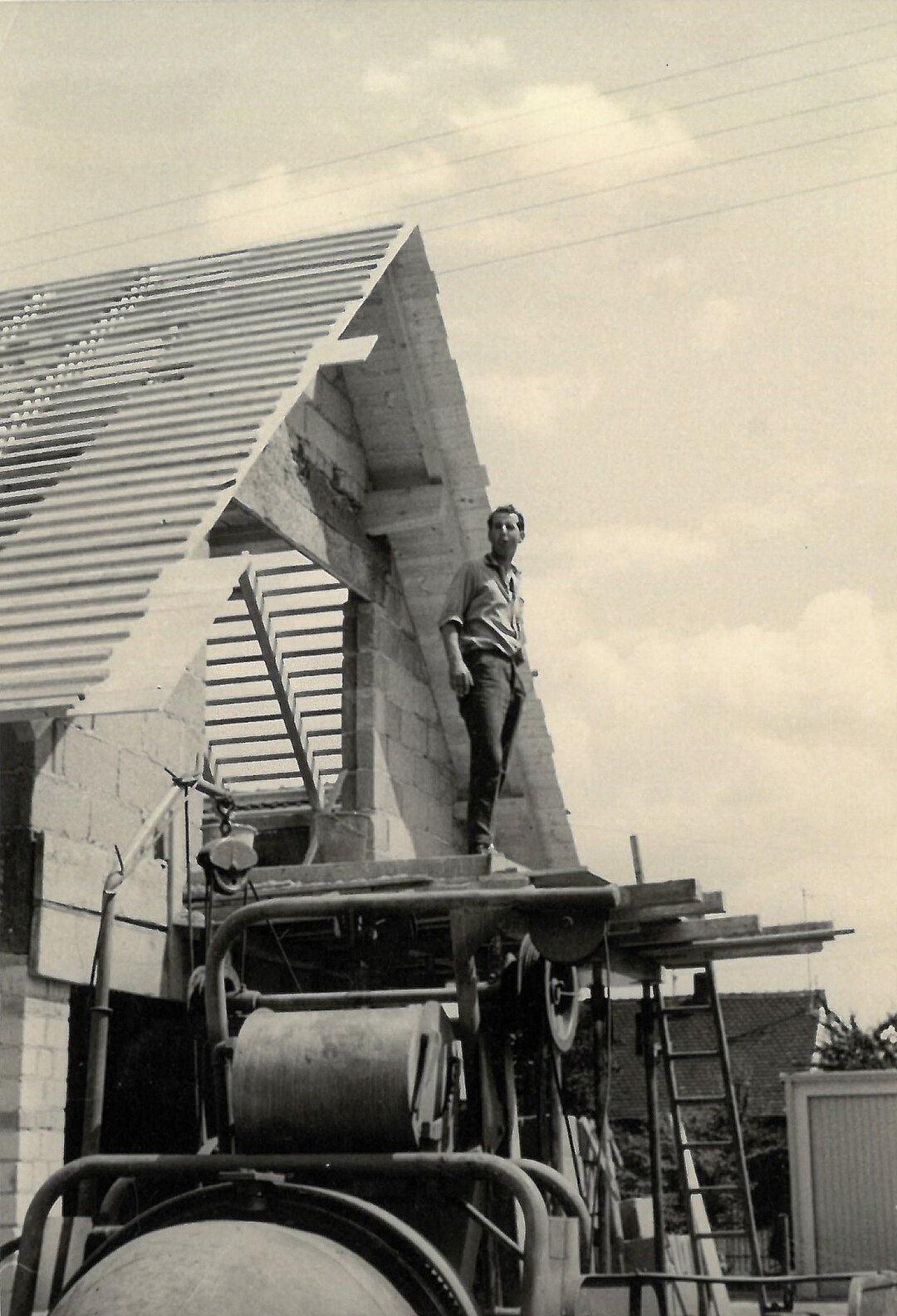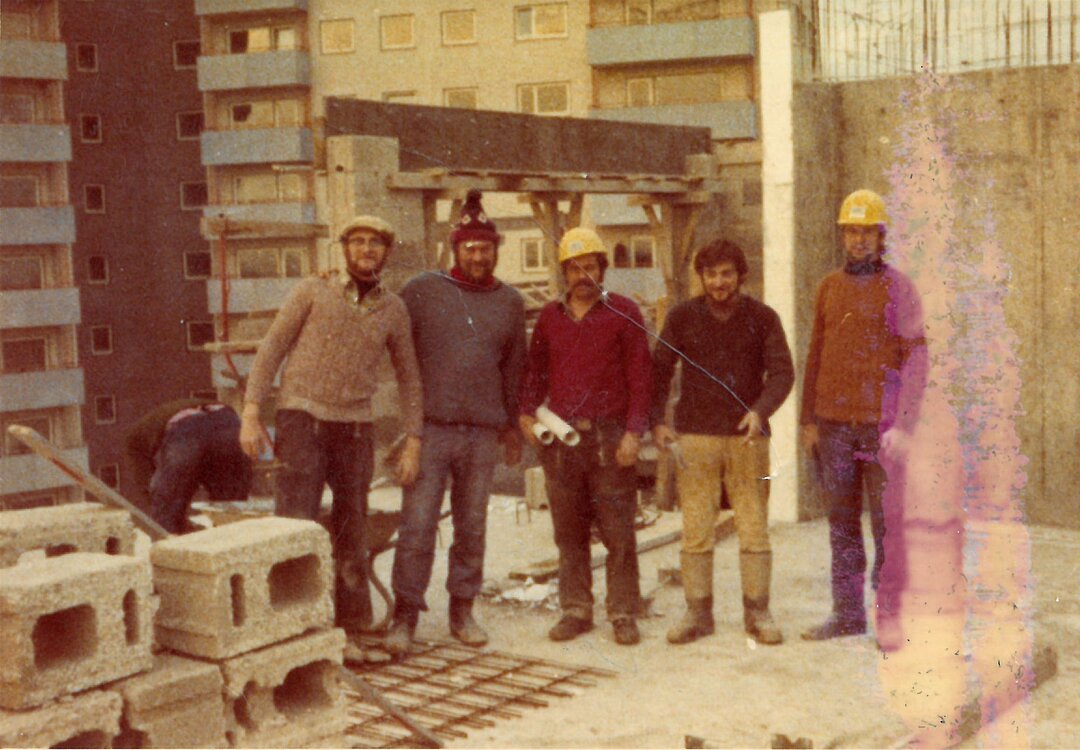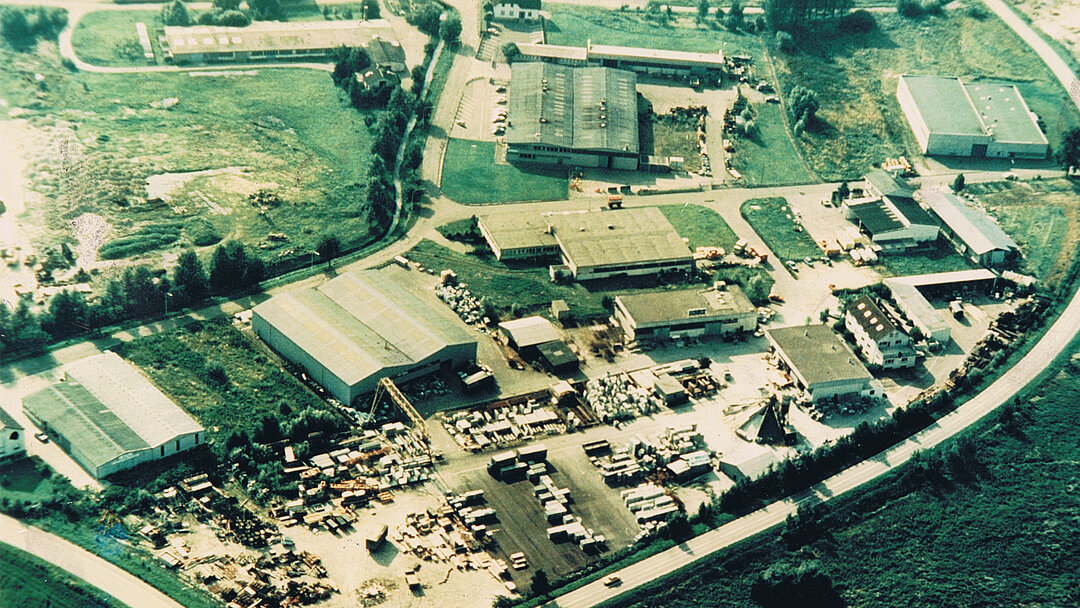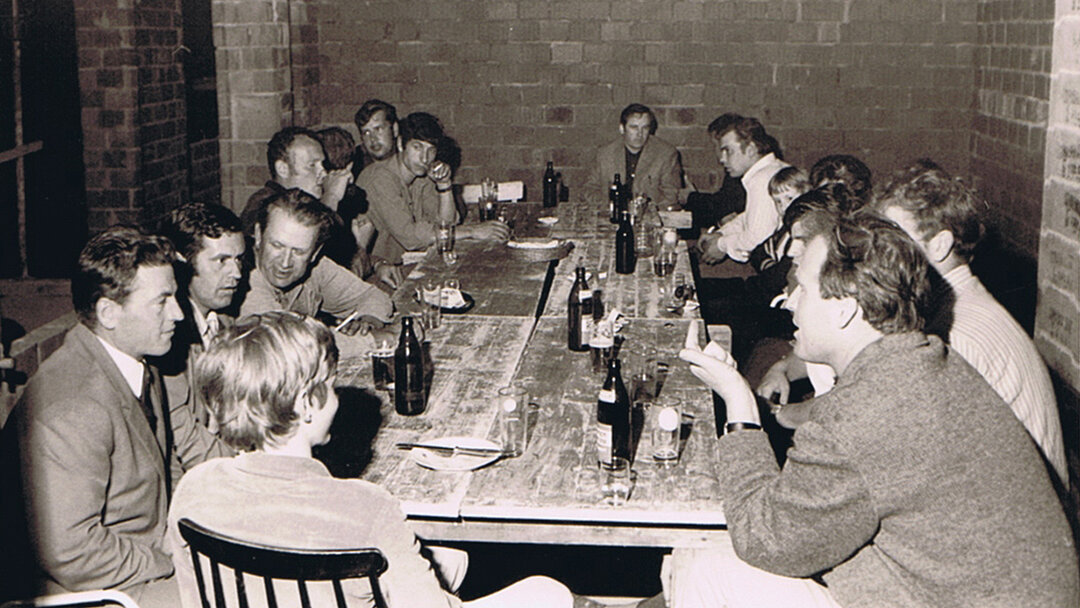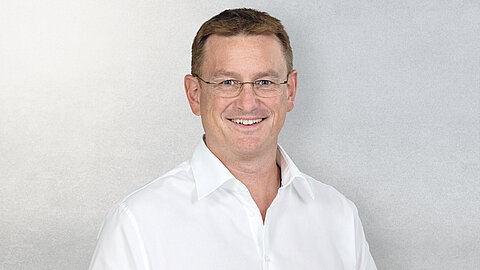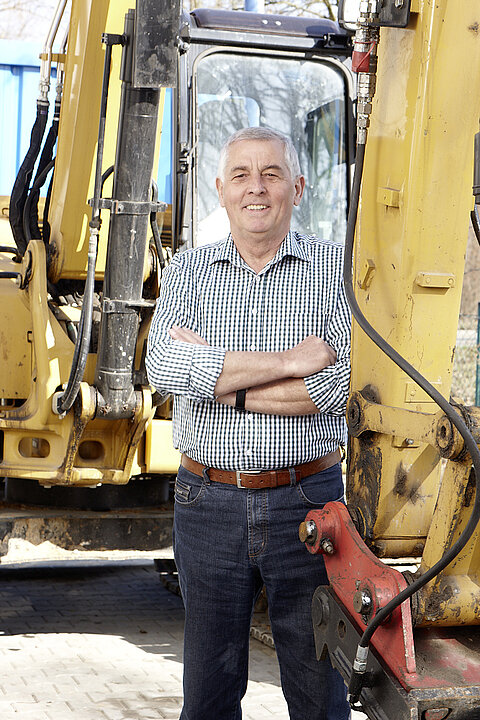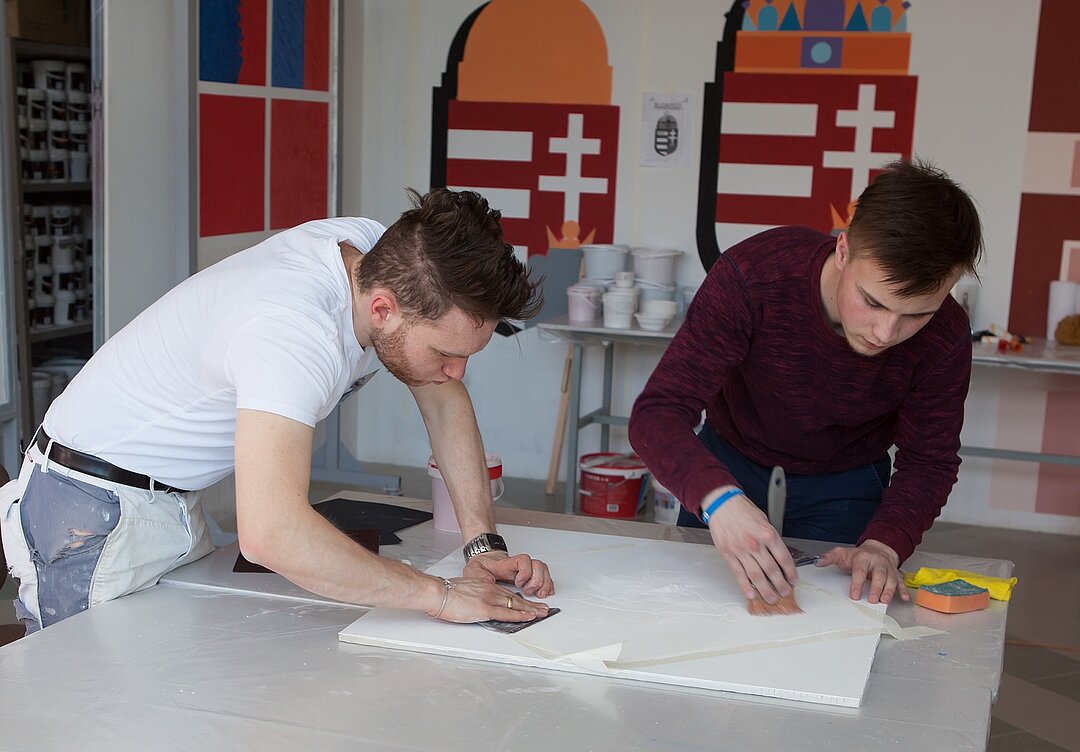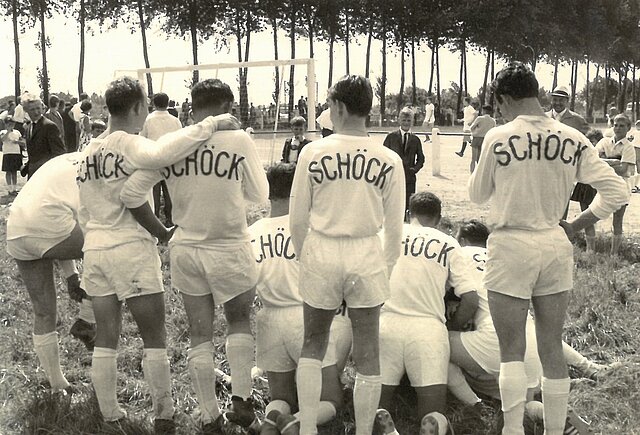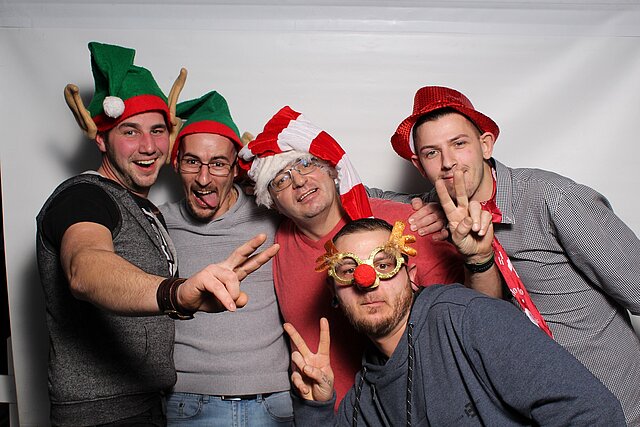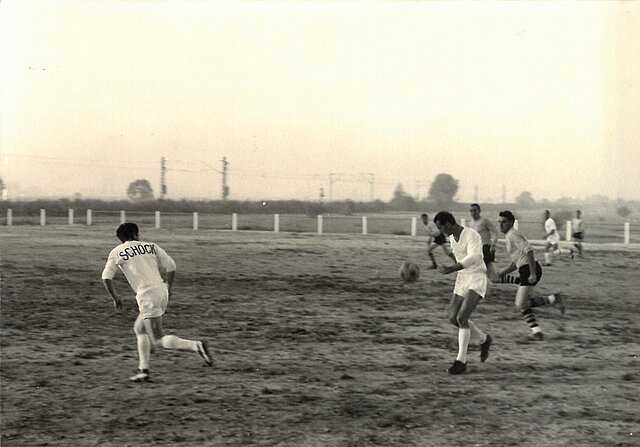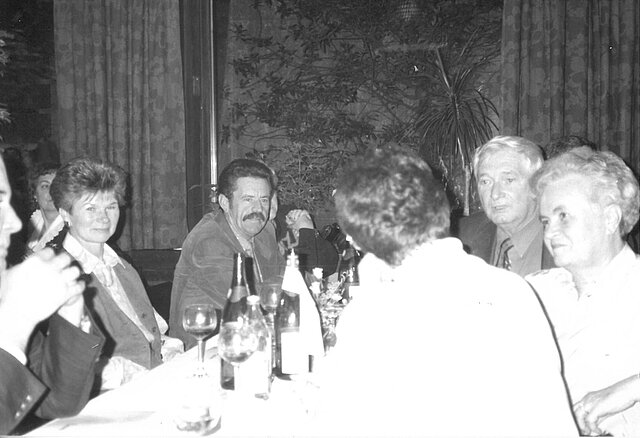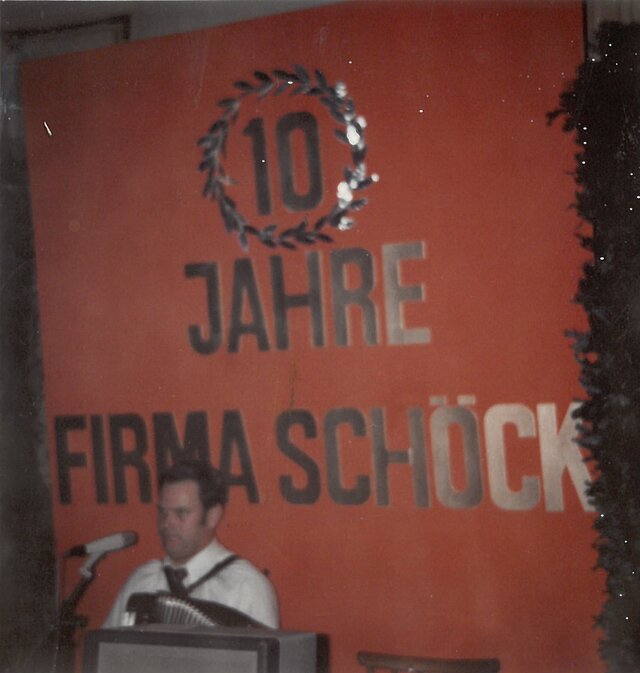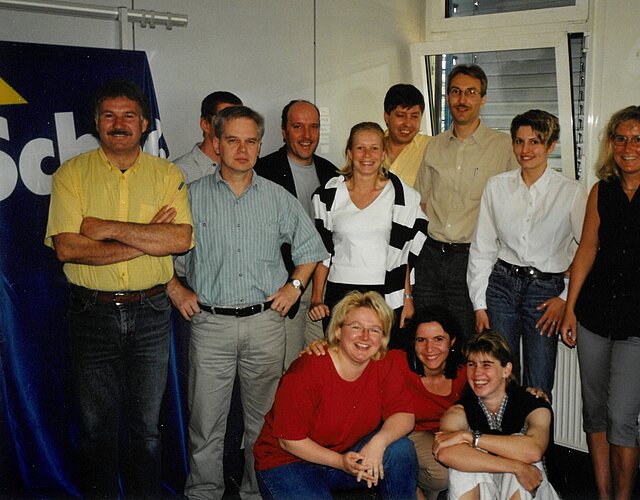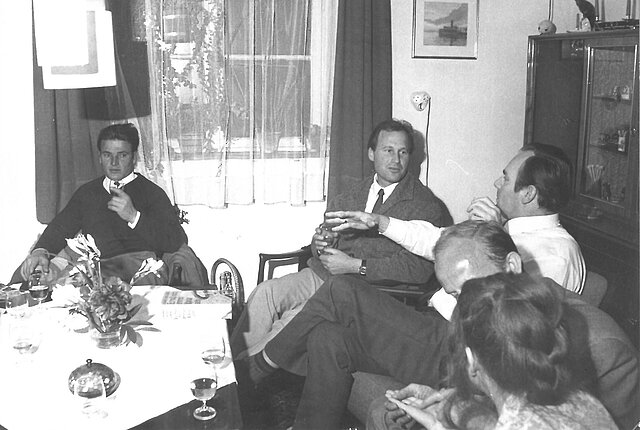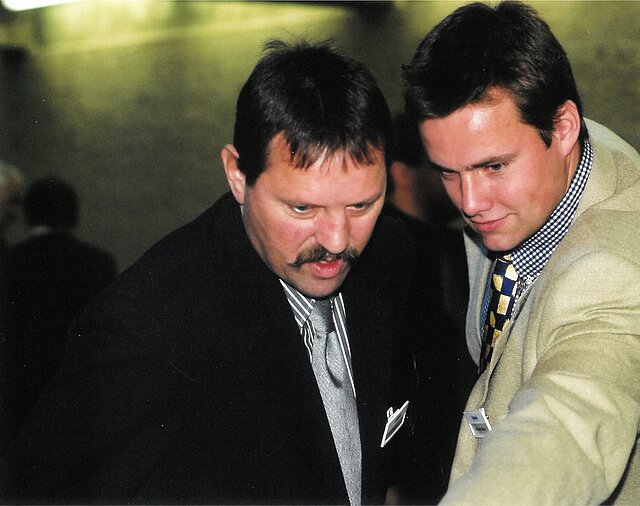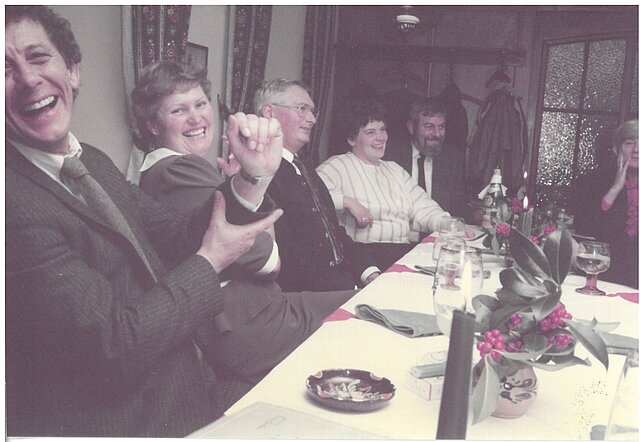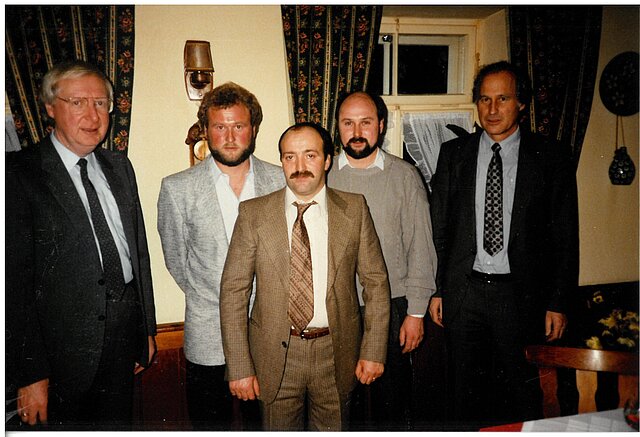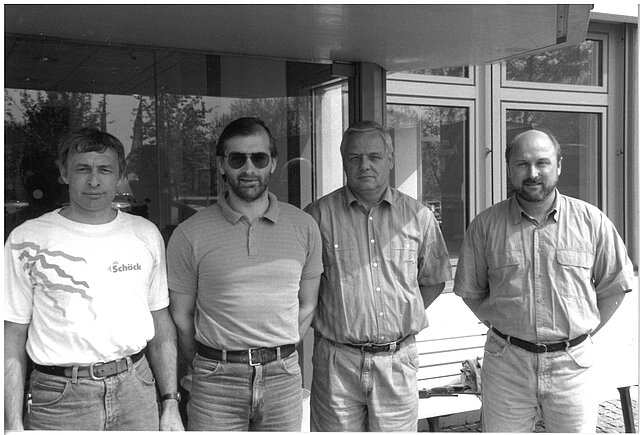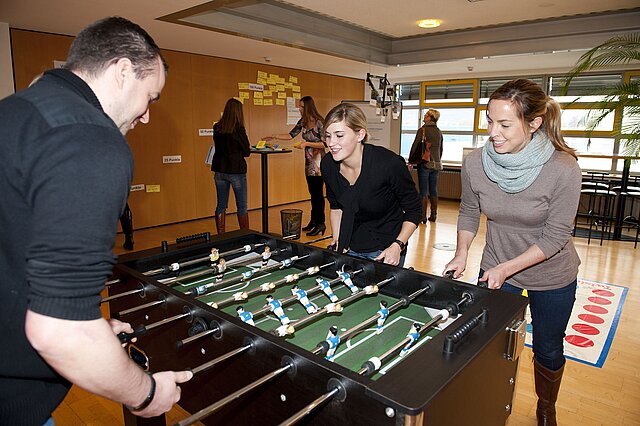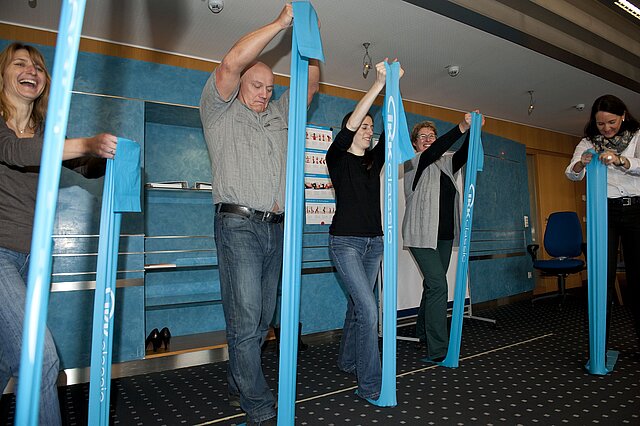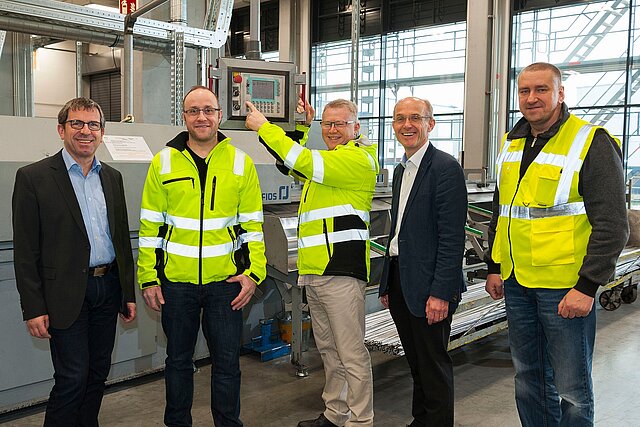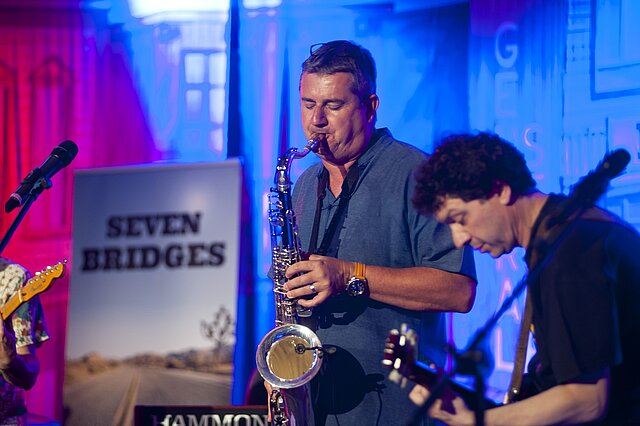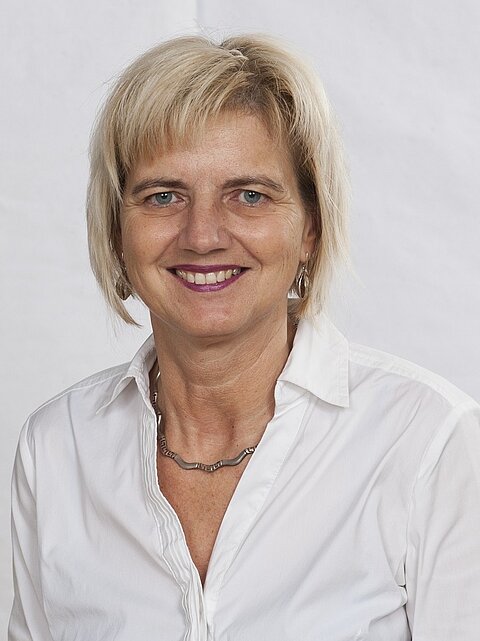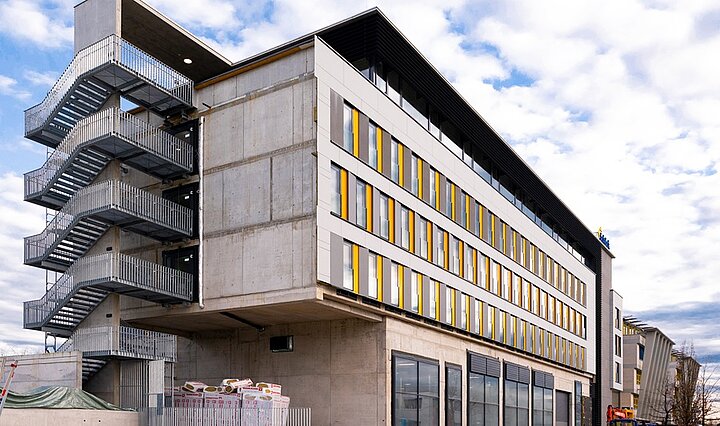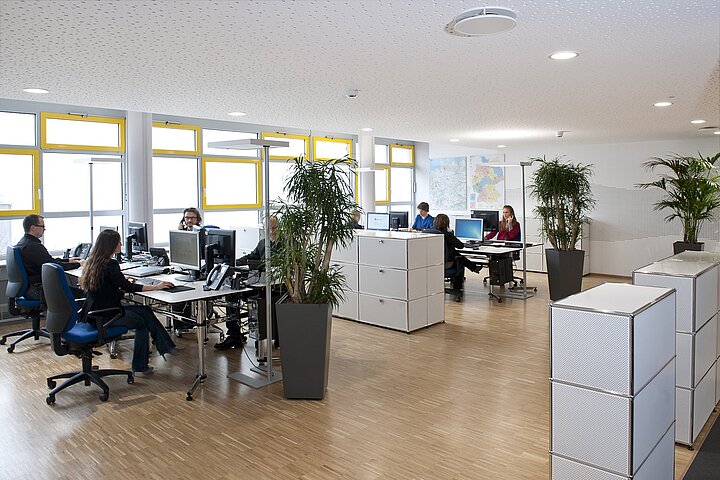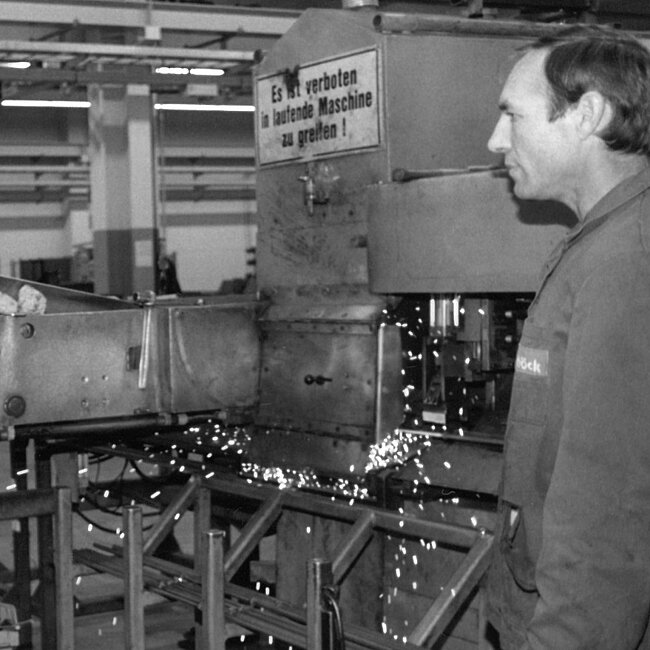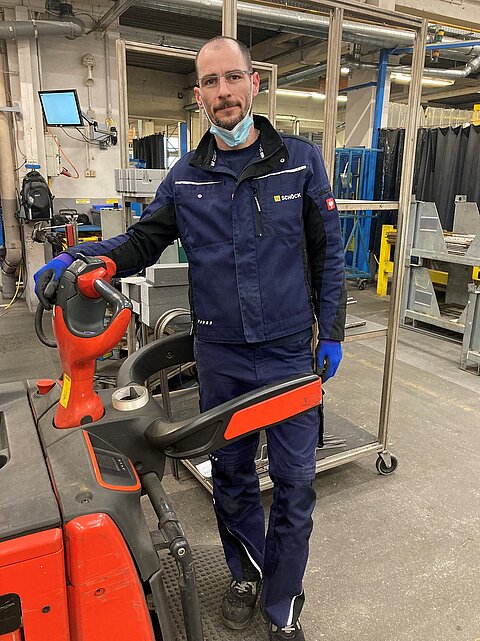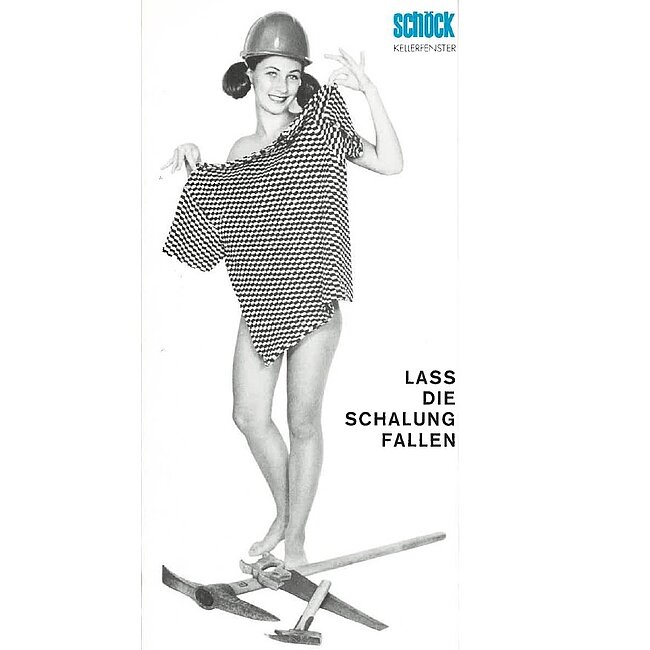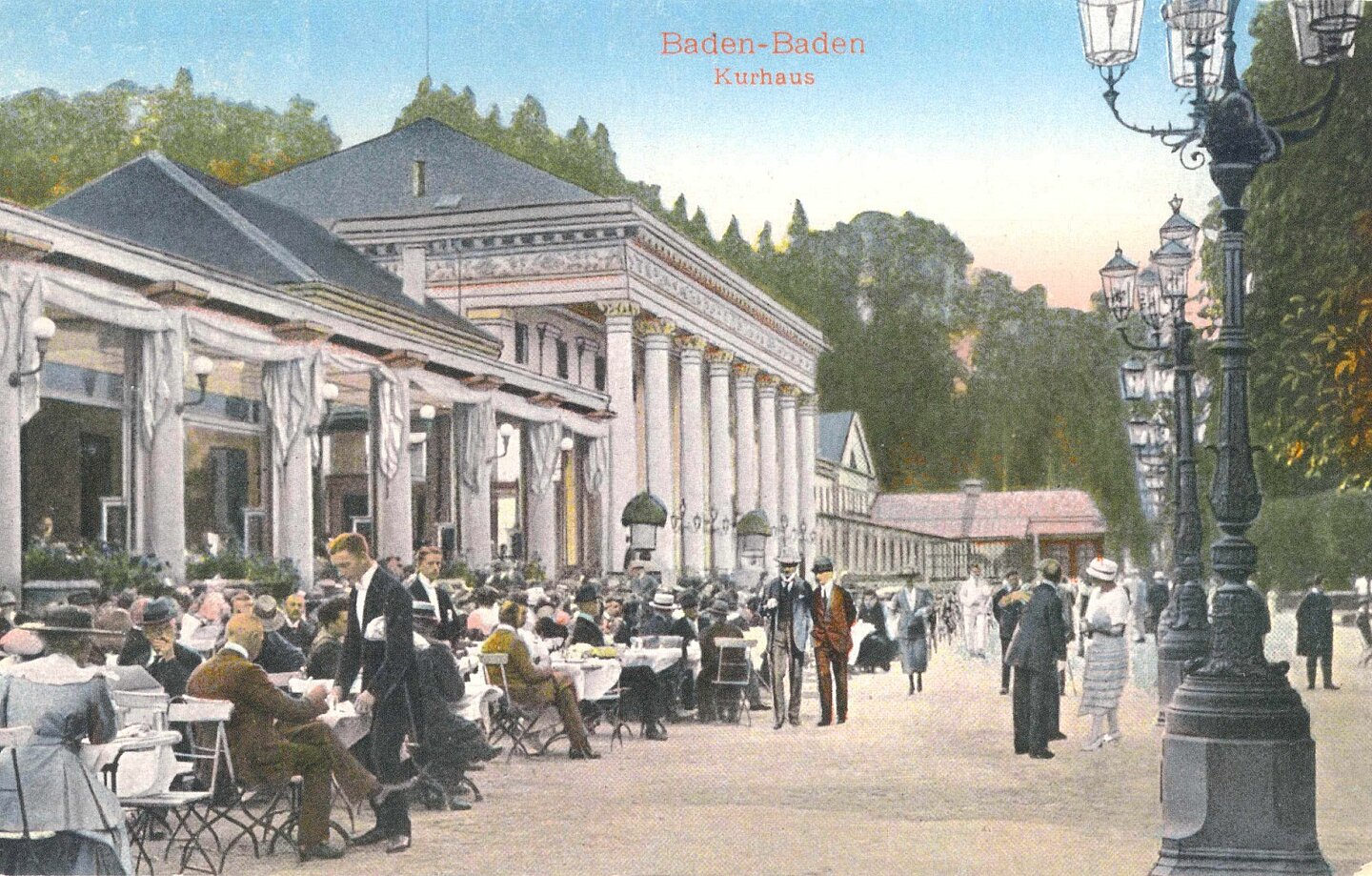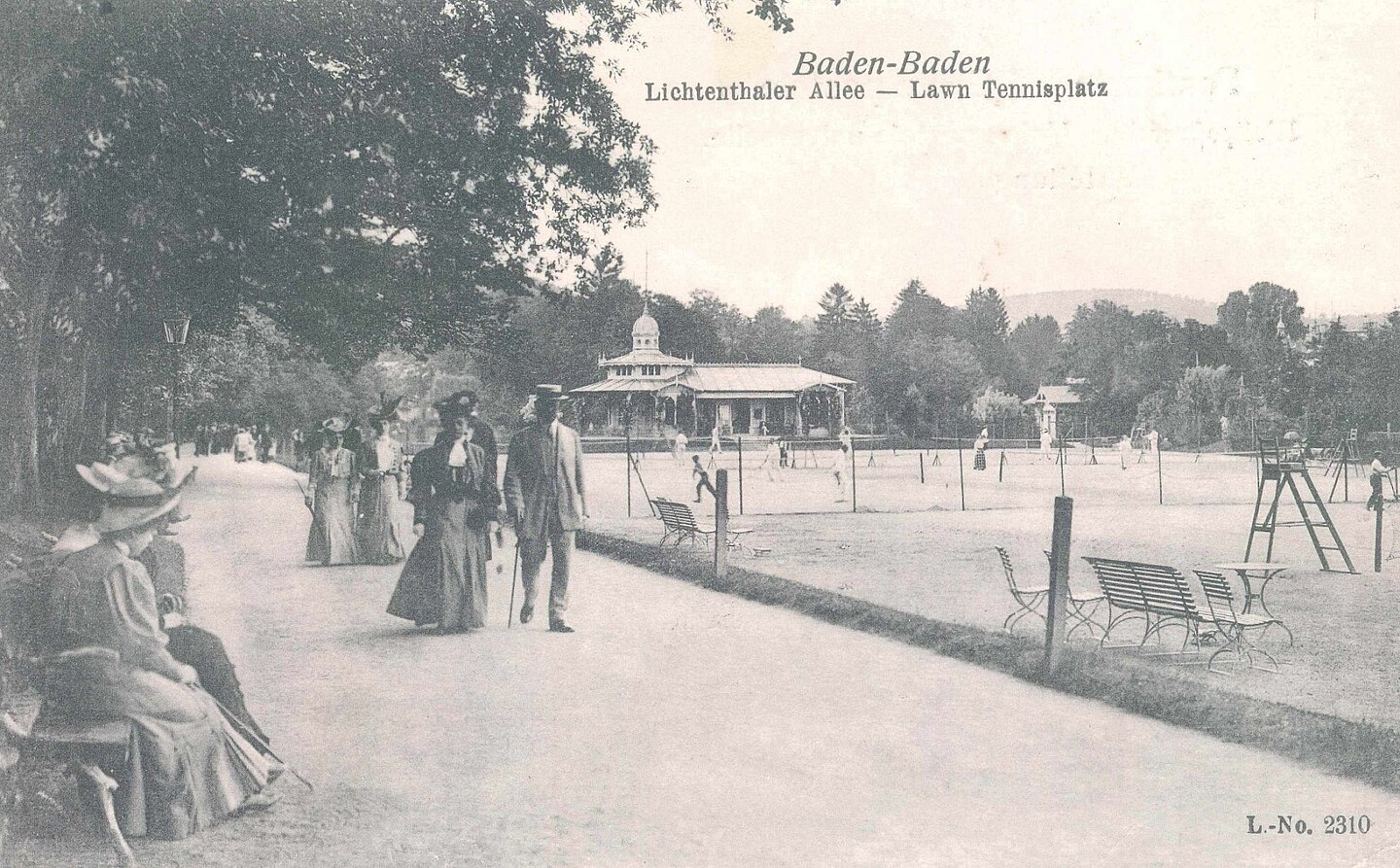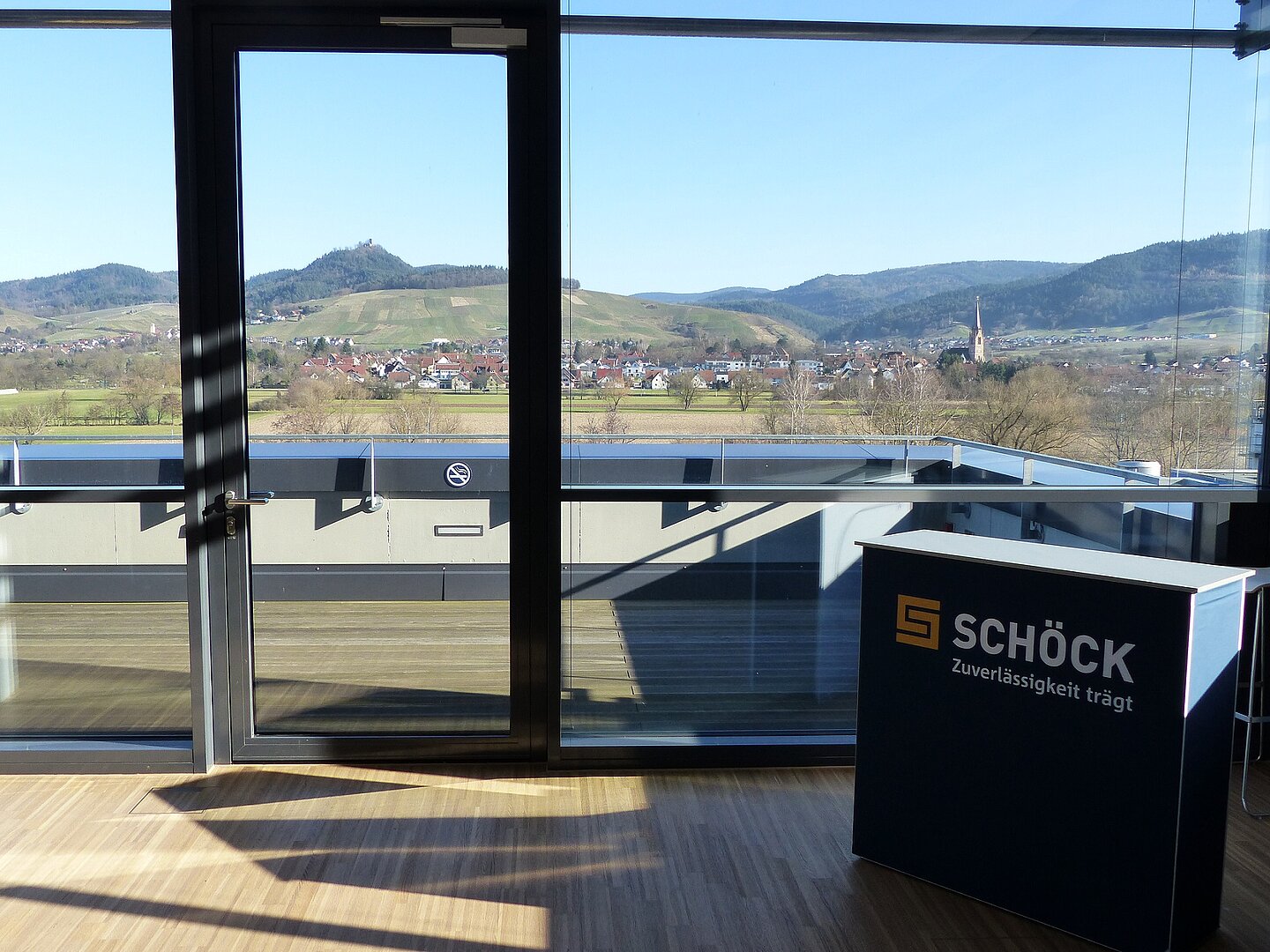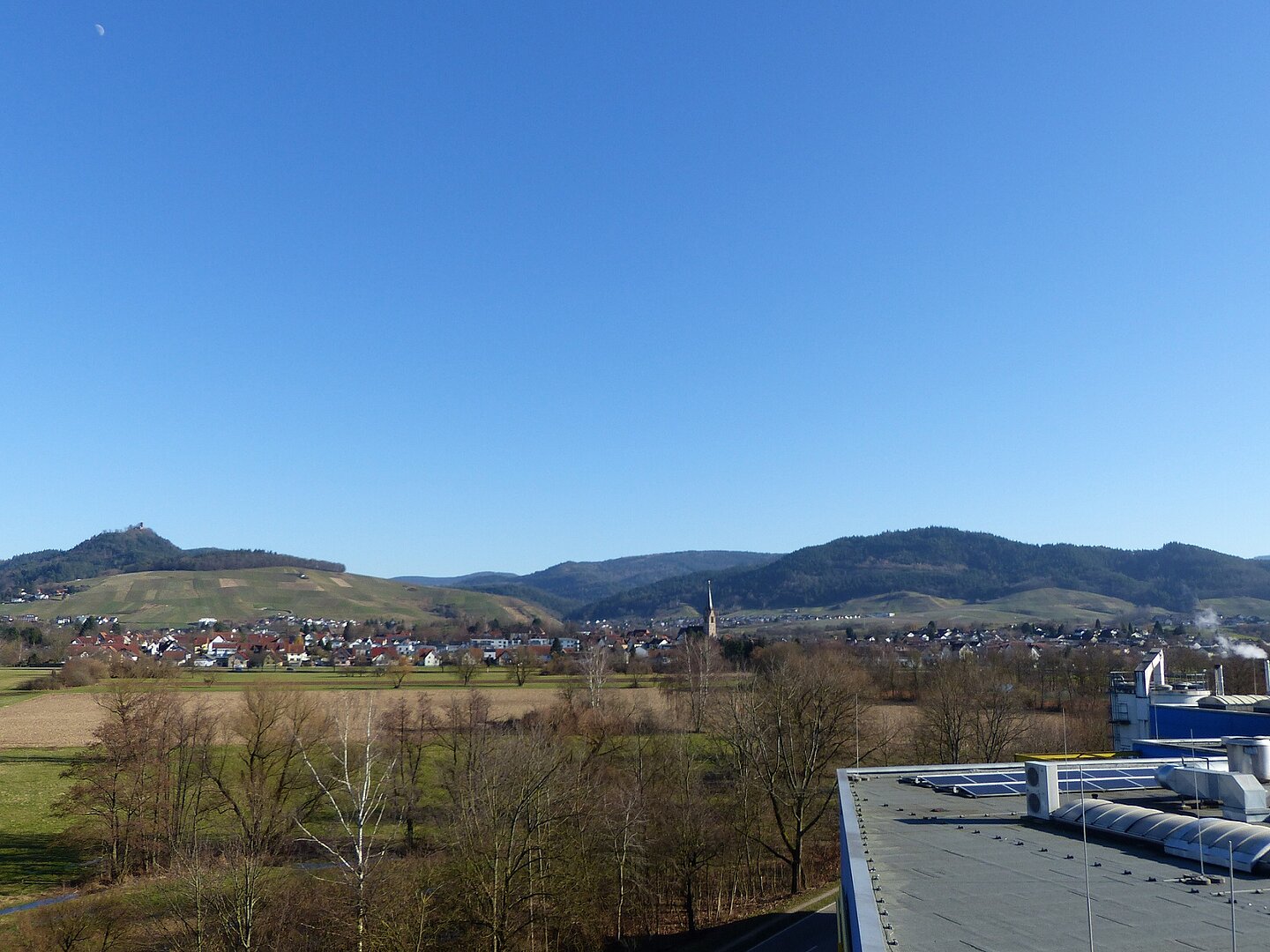Mr Binz, tell us about the beginning of your long »marriage« with the Schöck Company.
RAINER BINZ: I had already finished my apprenticeship in a steel goods shop. Among us colleagues, one customer in particular stood out: Mr Schöck. At that time, he was still the managing director of a construction company in the area and bought materials for the company he worked for. Mr Schöck was always friendly and obliging, very conspicuous in his appearance. Word got around that he had founded a construction company in 1962, and then in 1967, he founded Schöck Bauteile. Since my cousin, Dieter Binz, had been foreman at that company for a long time, I had closer contact with Mr Schöck. So Mr Schöck approached me directly and asked if I would like to join him in the newly founded company. I accepted and have never regretted it.
You haven’t had that much to do with building components before, have you!?
RAINER BINZ: That’s exactly why Mr Schöck sent me to construction sites for an internship from October 1967 to March 1968, where I could see and learn everything. When I came back, I worked at Schöck Betonelemente GmbH as »maid-of-all-work«, so to speak. At the beginning, I was mainly concerned with making sure that we got any orders at all. Naturally, we didn’t yet receive any enquiries from the market back then.
Did you also work with Mr Schöck?
RAINER BINZ: In the beginning, I discussed technical and calculative issues with him. The special thing about our meetings was that Mr Schöck always made time for me. Not once did he say: »There’s no time for that now«. Never. He was friendly, interested, asked questions and listened, and I always wrote down everything we had to discuss. Afterwards, we were very effective. I learned a lot from him and, to be honest, I also grew a little fond of him over the years.
Was Mr Schöck only interested in business matters?
RAINER BINZ: No, not at all. He also took an interest in private matters. For example, I have a deaf daughter. One day, Mr Schöck approached me and wanted to talk. He asked: »I always had the impression that we don’t keep secrets from each other. Or do we?« »No,« I replied, »we don’t have any secrets. Not in any respect.« »But,« he replied, »I heard that you have a little daughter who is deaf. You never told me.« That was true. I had not told Mr Schöck about my daughter. Instead, he had learned it from colleagues. Prior to our conversation, he had contacted a professor in Freiburg and agreed that my daughter could see him for an examination. Mr Schöck paid the fees, and my daughter then travelled to this professor and had herself examined. Unfortunately, there was nothing else he could do. That is a special side of Mr Schöck, he simply is very kind.
And I suppose that he was also very kind in his company?
RAINER BINZ: Yes indeed, he certainly was. In 1970, for example, he introduced a partnership programme. Subsequently, there was a committee that evaluated employees who had been with the company for more than three years once every 12 months. The committee reviewed, for example, whether they were reliable or negligent, whether they worked in the interest of the company. There were several criteria. If your review was positive, you had the possibility of receiving a bonus. This meant that 30 per cent of the annual net profit of the Schöck Company was set aside as a retirement provision with a high interest rate for the staff. This reserve then created a subsidy for the respective pension scheme. Needless to say, this was very much in demand. If, for example, you already had a family and wanted to build a house, it was quite possible that the payout was brought forward in parts to pay part of the costs and thus finance the house, which was then a kind of old-age provision. This programme was Mr Schöck’s idea, and we were all very motivated and enthusiastic.
So you really enjoyed working at the Schöck Company?
RAINER BINZ: Yes, sure. Actually all the time. My wife used to say: »You go to work and come home after many hours still whistling after a long day’s work«. Yes, that’s what it was like all those years.
Did you also contribute to Mr Schöck’s inventions?
RAINER BINZ: No, no. Mr Schöck almost always tinkered on his own. He usually kept his ideas under wraps for up to a year. Like the light well from 1970, for example, which he then produced from glass fibre instead of concrete, thus creating a much lighter component (five per cent of the weight of concrete). He was always searching for new ideas. After the exhibitions at the respective construction fairs, visitors told him about their problems and processes on the construction sites and asked him to look for solutions. That was his world, absolutely: prefabricating building components and improving construction both technically and in terms of quality.
Have all inventions been successful?
RAINER BINZ: No, not all of them, of course. But if you are as creative and pragmatic as Mr Schöck, that’s bound to happen. I remember that we once mistakenly ordered the wrong film for the cellar windows we produced, which were packed in plastic bags to protect them from dirt, because we had not taken the tolerances into account. Now we had mountains of film. Normally, we would have had to throw it away. Mr Schöck, however, already had an idea of how to make other use of it. At a trade fair, he had met an employee of a company that integrated zips into plastic bags. He took advantage of this and then invented the plan sleeves. This was, however, mainly used as an advertising medium by the sales department, because the product did not really fit into our product range. Later, we gave up the production of plan sleeves cover altogether.
In your opinion, what has been the decisive factor for the great success over the years – apart from the growth of the company?
RAINER BINZ: The structure of the field staff is certainly decisive for the success. In the past, at the very beginning, there were only eight to ten sales representatives – no technicians. But when we moved from light wells and basement windows to more technical products like the Isokorb, we also needed a different sales structure. At that time, Mr Schöck came up to me and asked me: »What do you actually think of our products? And if you ever know someone who can support us in selling them well, please get in touch with me and give me his name.« In fact, we were in urgent need of a professional sales manager. I knew of a young Mr Kunz, who made a good impression on me at the time and did not yet work for us. I told Mr Schöck about this person and after an informative conversation with him, he hired Manfred Kunz. Unfortunately, Mr Schöck was ill on the day he started work, so Manfred Kunz had to present his very revolutionary plan to the staff of his department himself. Kunz actually managed to restructure the sales department on a product-related basis by 90 per cent within one year. After that, sales exploded. He and his team managed to raise the previous target of 25 per cent growth in sales per year to 60 per cent. The following year, he became managing director at Schöck, and in 1993, he was appointed chairman of the board of directors. You see: at Schöck you feel you are being well treated and achievements are appreciated. In conclusion, it must be said that the Schöck company as it is today would simply not be possible without a person like Eberhard Schöck – neither in technical and innovative terms nor in human terms.



